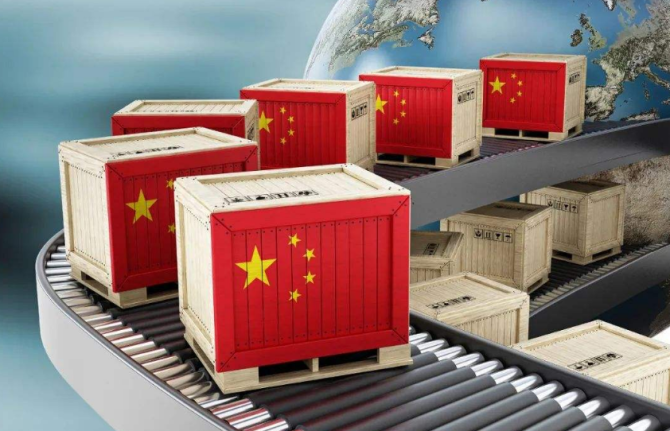High-quality phospholipid exporting country
Time:2023-12-08
Exporting phospholipids, like any other product, involves compliance with various regulations, standards, and logistical considerations.The specific conditions for exporting phospholipids can vary depending on the country of origin and destination, as well as the nature of the phospholipids (e.g., whether they are used in food, pharmaceuticals, or other applications).Here are some general conditions and considerations for exporting phospholipids:
Regulatory Compliance:
Ensure compliance with the export regulations of the country of origin and destination.This may involve obtaining the necessary export licenses or permits.
Quality Standards:
Meet the quality standards and specifications required by the importing country.This is particularly important if the phospholipids are intended for use in pharmaceuticals, food products, or other regulated industries.
Documentation:
Prepare and provide accurate documentation, including certificates of analysis, certificates of origin, and any other relevant certificates required by the importing country.
Customs Clearance:
Comply with customs procedures and provide the necessary documentation for customs clearance in both the exporting and importing countries.
Packaging and Labeling:
Ensure that the phospholipids are appropriately packaged and labeled in accordance with the regulations of the importing country.This includes proper labeling of ingredients, safety information, and other relevant details.
Transportation:
Choose a reliable and suitable mode of transportation for the phospholipids.Consider factors such as the nature of the product, temperature sensitivity, and transit times.
Insurance:
Consider obtaining insurance coverage for the shipment to protect against loss or damage during transit.
Tariffs and Duties:
Be aware of any tariffs, duties, or taxes that may apply to the export of phospholipids.These can vary depending on the trade agreements between the exporting and importing countries.
Compliance with Industry Standards:
If applicable, ensure compliance with industry-specific standards and regulations, especially in sectors like pharmaceuticals or food processing.
Market Research:
Conduct market research to understand the demand, pricing, and regulatory environment in the target market.
Labeling and Packaging Regulations:
Be aware of and comply with any specific labeling and packaging regulations for phospholipids in the target market.
It's crucial to work closely with relevant government agencies, trade associations, and legal and logistics professionals to navigate the complexities of international trade and ensure a smooth export process.Additionally, staying informed about changes in regulations and market conditions is essential for successful and compliant phospholipid exports.


 CN
CN





